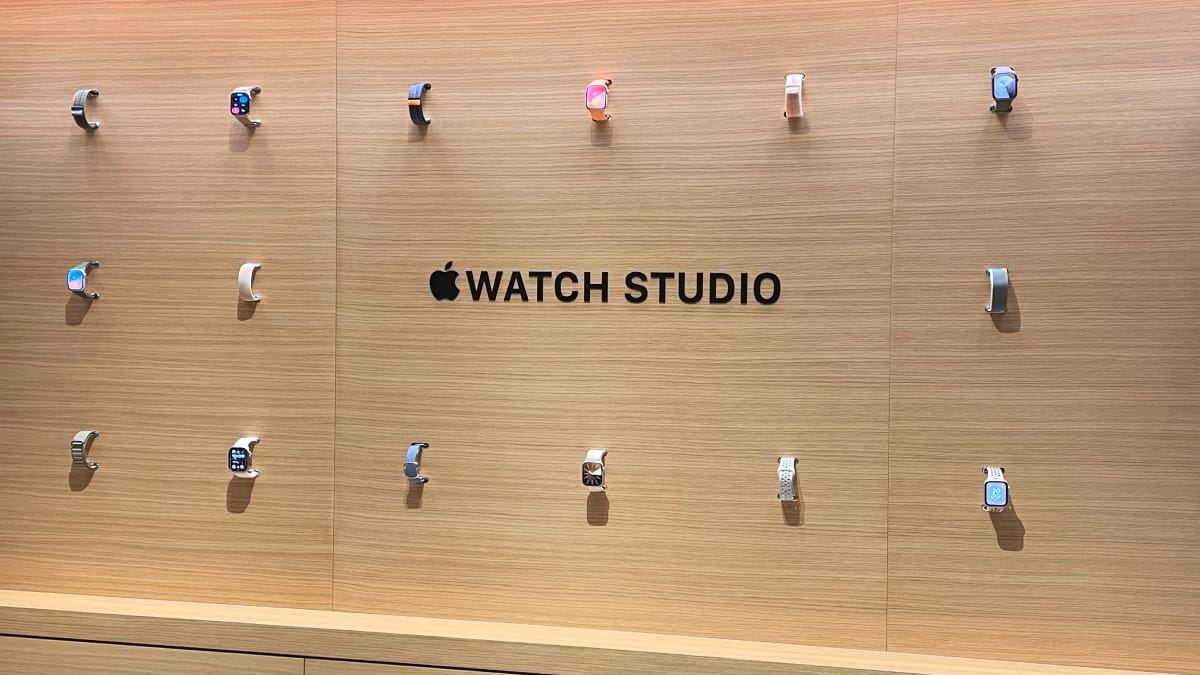In the summer we removed any concept of a “growth” and “product” department at EcoSend.
I should say “department” is a loose term. We aren’t a big team (less than 10 people) so the terms mostly applied to meetings, and areas in our tools like Slack for chat and Linear for project management.
The distinction between the two was starting to cause more issues than it was solving.
The problem with separation
I found myself asking questions daily:
- Is this a growth thing?
- Is this a product thing?
Those questions can be helpful in a larger team.
But at our size, the primary thing I care about is: What will this do for the business? How will this make things better for our customers?
And often the answers to those questions don’t naturally fall into one bucket or the other.
What’s a product thing if it’s not about growth, for a team of our size?
How do you classify and prioritise a product feature that’s designed to help us grow? Like a viral loop or a public facing design change?
With the two concepts labelled separately, a lot of the most valuable work fell through the cracks.
Almost everything one could label “Product Led Growth” (PLG) was in the middle. And it rarely got done!
We needed to change, and thankfully as a small team, changes like this don’t have to be a big deal.
The results so far
We removed the distinction over the summer and it went far more smoothly than I expected.
What we’ve shipped since this change:
These are the real results.
But I’m just as excited about the underlying changes, behind the scenes.
As a team we are now prioritising as one. One list, with a focus on impact.
We are uncovering problems that used to get passed around — yes even in a small team — and actually discussing them and finding a solution.
When coming up with ideas or reporting a problem, there was an overhead on every addition to Linear: where do I put this?
Now it’s all in one place. The prioritisation and decision is separate, and weighed up against everything, not an isolated set of priorities in one part of the business.
Some of this likely sounds obvious.
Or maybe you’re reading this thinking “hah! There’s no way that will scale!”
You’d be right to have either of those opinions.
Yes it’s quite obvious for us, but obvious solutions can stare me in the face for months before I try them. And often the change is not as bad as my worst fears.
I don’t believe this would scale to a team even with 10 people. But as I’ve noted in the past, referencing the wonderful Joel Gasgoine of Buffer: there’s an optimum level of process for any company. And too much,


